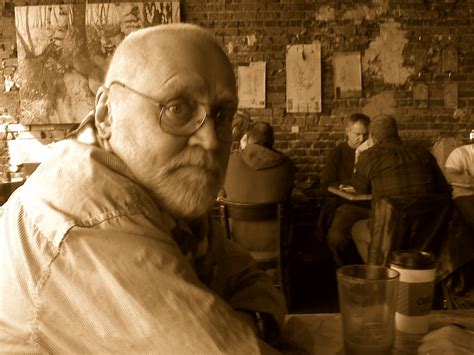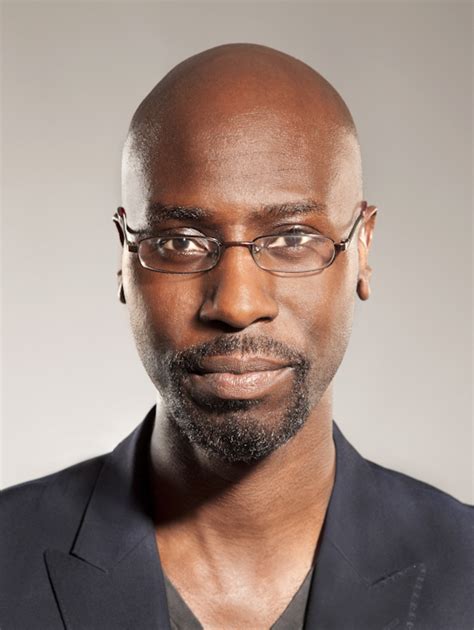A Quote by Harbhajan Singh Yogi
The question is, "Are you spiritual or are you not?" The truth is you are. The reality is you don't believe it
Related Quotes
Truth is the pearl without price. One cannot obtain truth by buying it-all you can do is to strive for spiritual truth and when one is ready, it will be given freely. Nor should spiritual truth be sold, lest the seller be injured spiritually. You lose any spiritual contact the moment you commercialize it. Those who have the truth would not be packaging and selling it, so anyone who is selling it, really does not possess it.
And as much as I’d like to believe there’s a truth beyond illusion, I’ve come to believe that there’s no truth beyond illusion. Because, between ‘reality’ on the one hand, and the point where the mind strikes reality, there’s a middle zone, a rainbow edge where beauty comes into being, where two very different surfaces mingle and blur to provide what life does not: and this is the space where all art exists, and all magic.
We have had philosophies, we have ideologies, we have so many kinds of enterprises but despite that there are so many differences and the differences are having larger and larger gaps. If it is the truth, it has to be the truth for everyone. Everyone has to say: "This is The Truth". But it has to be the Absolute Truth. If it is not the Absolute Truth than what we believe into is not the reality. And this is the main reason why everything in the name of God, Divinity, everything has failed so far because it is not substantiated by reality.
I always have difficulty with the Greek tragic plays. I think the difficulty one has - which is a serious problem - is the question of belief. Do you believe in the myth that the play expresses? Do you believe in it as myth or as reality? With any play, you have to believe in it as reality. You can't act a myth.
Faith in the continuance and enhancement of the intrinsic values--faith in truth, in beauty, in friendship, in love and harmony of life--in short, faith in reason and the worth of spiritual life--such faith is only another name for faith in the persistence of spiritual individuality. For, I repeat, these values are real only as functions of personal experience and deed. To have faith in the permanence of intrinsic values is to assume the enduring reality of selves who know truth, feel beauty, who love and win spiritual harmony.


































